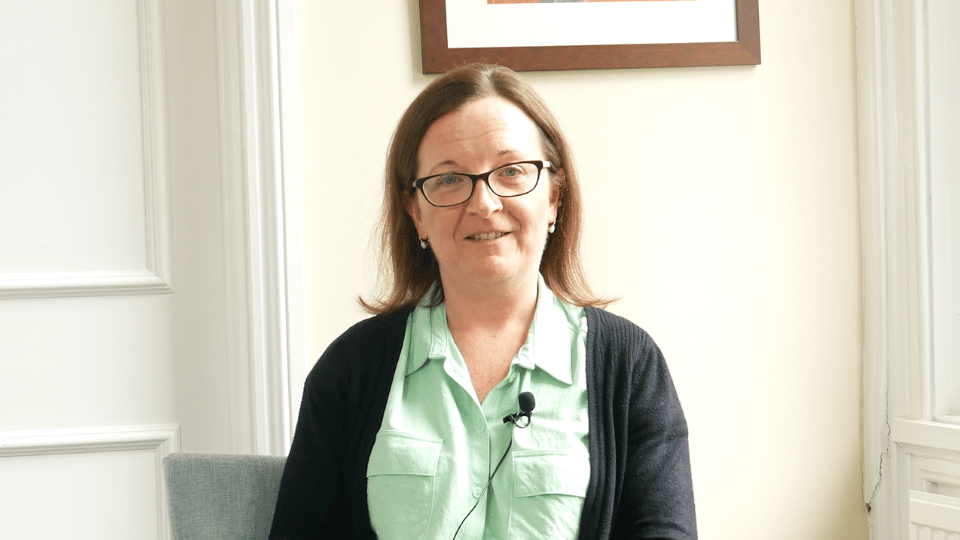Treatment for internet addiction
While many people are able to detach themselves from the daily use of technology, it can be more difficult for others to switch off. If virtual worlds and online friends have become more important than the relationships you have in the ‘real world’, and you feel anxious without them, then it's a sign that you need a period of abstinence in order to regain control of your life.
Internet addiction treatment at Priory is delivered via a number a methods that might include a residential stay, group therapy, abstinence and counselling.
At a free addiction assessment, recommendations for suitable treatment will be discussed. Usually this will be outpatient one-to-one therapy with a specialist addiction therapist, but depending on your individual needs and/or co-morbid mental health concerns/diagnosis, a further assessment with a specialist addiction psychiatrist may be recommended.
Because there's no medications that can specifically treat internet addiction, a treatment programme will focus on the thoughts and behaviours you have that contribute to a compulsive urge to go online.
Therapy for internet addiction
Therapy sessions for internet addiction aim to encourage ways you can reduce the amount of time spent on the internet, with cognitive behavioural therapy (CBT), behavioural activation techniques and family therapy being effective methods of reaching this goal.
CBT for addictions helps you to understand the impact that internet addiction has on your relationships with others, as well as teaching you methods of managing your thoughts and behaviours that lead to compulsive internet use, in a more positive manner.
Behavioural activation aims to increase activity levels and focus on ways that you can prevent feeling the need to avoid other activities through your internet use, and help you to find alternative hobbies which can help improve your mood and overall wellbeing.
Family or relationship counselling can be useful if your internet addiction has affected the family unit or caused problems in your relationships. It allows you to work through unresolved issues that might be affecting existing relationships, while marriage-specific counselling works towards improving communication and re-establishing an intimate bond between you and your partner, if you have turned to the internet to fill such a void.
Self-help for internet addiction
Internet addiction therapy at Priory includes self-help groups and behavioural talking therapies focused on abstinence and understanding more about why you may turn to excessive internet use.
The goals of self-help and therapy sessions for overcoming internet addiction include:
- Helping you to identify how internet addiction has impacted your life
- Working with you to try and understand if there are any underlying mental health issues that may be causing you to compulsively use the internet as a coping mechanism
- Shifting a negative relationship with the internet into a positive one by finding new outlets for coping with the stresses and strains of daily life






